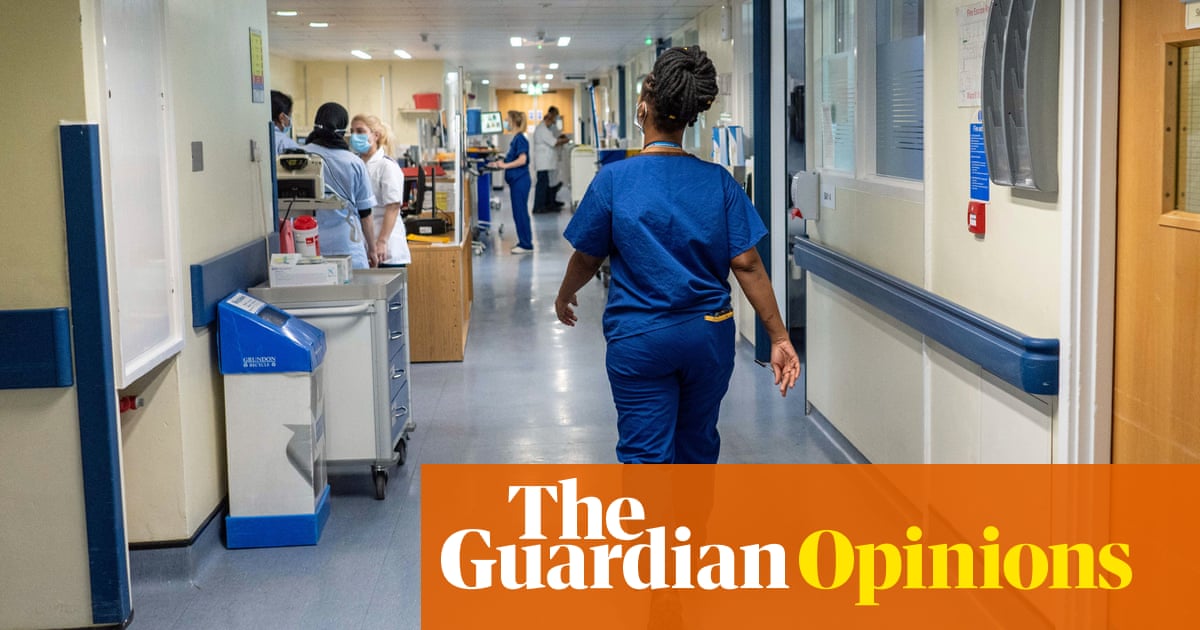
Since the coronavirus outbreak in the UK was first identified, the issue of personal protective equipment (PPE) for healthcare workers has never been far from the headlines. Here are some of the key questions raised.
What is the official PPE advice for healthcare workers who may be exposed to Covid-19?
The latest guidance states that any clinician working in a hospital, primary care or community care setting within two metres of a suspected or confirmed coronavirus Covid-19 patient should wear an apron, gloves, surgical mask and eye protection “based on the risk”.
For the riskiest procedures on possible and confirmed cases, a long-sleeved disposable fluid-repellent gown (covering the arms and body) or disposable fluid-repellent coveralls, the highest specification filtering face mask (FFP3), a full-face shield or visor and gloves are recommended.
At the opposite end of the scale, for lower-risk situations, single-use disposable aprons, surgical masks and gloves are considered adequate.
The guidance has been updated several times after bodies representing healthcare workers complained that the existing rules were confusing and offered insufficient protection. Some still believe the latest guidelines do not go far enough.
Is there a shortage of PPE?
For weeks, unions, royal colleges and employers have been warning about a lack of adequate PPE, based on feedback from those working on the frontline. Pictures were published of healthcare workers wearing their own makeshift protective equipment made out of materials such as bin bags, and there were stories about staff improvising masks out of snorkels and using school science goggles. Nevertheless, NHS England and the government persisted in saying there was no shortage, only distribution problems. Finally on 13 April, Dominic Raab, deputising for Boris Johnson, admitted there were problems with supply, citing “a competitive market out there”.
Are particular items in short supply?
Face masks, gowns and visors all appear to be in particularly short supply.
While the guidelines recommend FFP3 face masks – which are recommended by the World Health Organization and offer a high level of respiratory protection – for high-risk procedures, doctors have complained about not being able to access them. There have also been complaints from doctors about being given FFP3 masks without undergoing the 20-minute “fit-test” necessary to ensure they offer the highest degree of protection. The Health and Safety Executive has warned that incorrect fitting can increase the risk of Covid-19 infection and “lead to immediate or long-term ill-health or can even put the … wearer’s life in danger”.
In an email on 9 April, senior NHS leaders in London were warned about a shortage of gowns. Full-length surgical gowns are vital because they stop droplets of infection from getting on to the doctor or nurse’s normal clothing and leaving them or colleagues at risk of them getting into their mouth, nose or eyes. By contrast plastic aprons have been described as “flimsy” by the Doctors’ Association UK.
Can PPE be reused?
Most PPE should not be reused because of the risks of contamination. Some eye and face protection can be used if decontaminated but in many cases it is only designed for single use. However, there have been complaints of healthcare workers having to reuse items not designed for multiple use because of shortages.
What can a healthcare worker do in the absence of adequate PPE?
The Royal College of Surgeons has told its members not to carry out risky procedures in the absence of adequate PPE. Guidance by the Royal College of Nursing advises its members they are entitled to refuse to work as a “last resort”. It says they could face dismissal, civil or criminal action (although the latter is very rare) but reassures nurses that it will support them if they refuse to treat because of lack of PPE. In reality, many healthcare workers feel they do not have the option of saying “no”.












